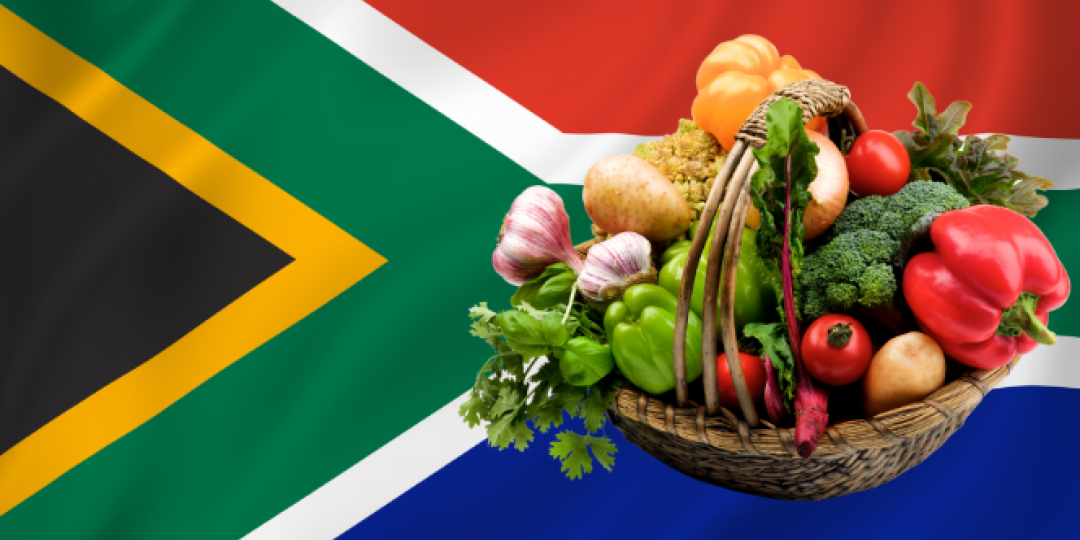Having clocked up a number of successes in shifting its share of exports from traditional markets such as the UK and Europe to new markets in Asia, industry leaders believe there is now considerable scope to double down in these new markets and increase market share.
Grower organisation Hortgro was concentrating on reducing tariffs and creating user-friendly protocols in markets such as Thailand, China, Taiwan, and Indonesia, said executive director Anton Rabe at a strategy meeting of fruit exporter Tru-Cape in Paarl.
“I am incredibly bullish about the next five to ten years,” he said, adding that the unlocking of new pome and stone fruit markets is a real possibility in the short term and will be a game changer for the industry.
“I believe that India still has a long way to go in terms of market development. There are still significant opportunities in Africa, particularly for apples and pears, which tend to withstand logistical challenges better than stone fruit. The more options we have, the better for us,” Rabe said. The fruit industry has not yet benefited from Brics, and Rabe believes the trade bloc could also hold potential opportunities.
Roelf Pienaar, managing director of Tru-Cape Fruit Marketing, said there was still significant potential in the Far East.
“There are great opportunities in emerging markets where our competitors struggle with logistical difficulties. Although we need to tackle the infrastructure issues in South African ports and on our roads, our position at the southern tip of Africa allows us to reach most markets within a relatively short timeframe.”
The local industry’s product offering is also varied enough to cater for a diverse range of markets, from Europe and the United Kingdom all the way to the Middle East and Far East.
“We are also fortunate to have the rest of Africa right at our doorstep, allowing us to leverage the full spectrum of available fruits. Many of our competitors do not have access to a developing market and significant opportunities that are right within their reach,” said Pienaar.
Rabe expects the logistics challenge to continue for another year to 18 months.
“Transnet’s management has improved and is more transparent and accountable, particularly in the port of Cape Town. New equipment has arrived, maintenance has improved, parts are available, and OEMs are on board. I trust the productivity problems between Christmas and New Year have been resolved. Even with the wind and equipment failures, I feel optimistic that there’s a silver lining ahead. The upcoming year ahead should be less challenging.”













